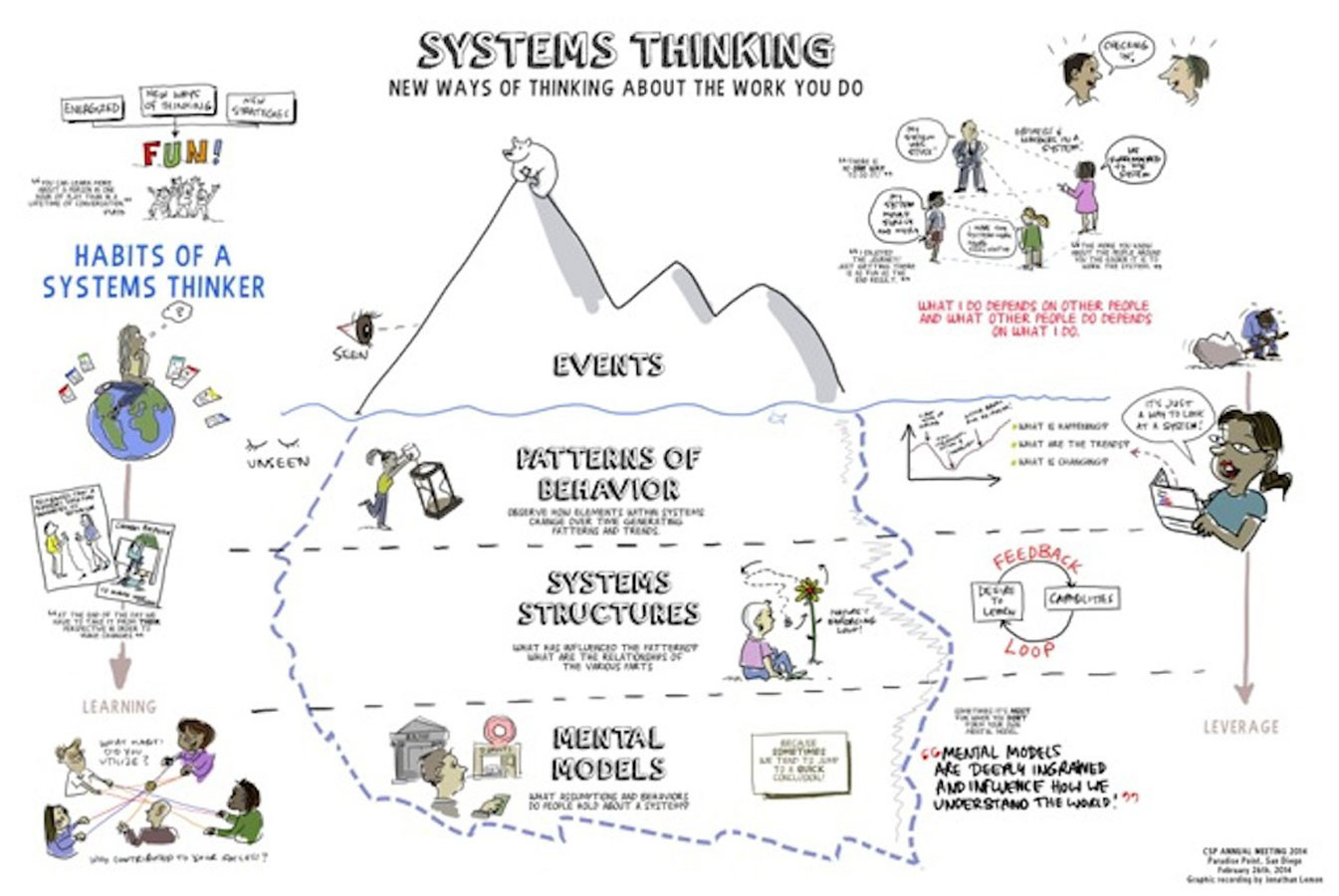Skills (What you can do!)
- All skills needed!!
Functions (What role you would play!)
You may have 1 or more of these skills!
- Fundraising - storytelling, strategy, communications, budgeting, networking, relationship building, research, project management
- Policy - research, communications, legal, institutional development, relationship building, politics
- Institutional development - research, governance, relationship building, politics
- Economic development - economic modelling, industrial development, market systems strategy, welfare
- Social welfare - advocacy, social welfare subsidies, charity work,
- Private sector development - business innovation, enterprise development, enabling environment, entrepreneurship, taxation and legal
- Marketing and retail - commerce, business management, sociology, psychology, policy and/or network development
- Operations - logistics, network management, project management, finance, and/or results measurement
- HRM - sociology, psychology, training and development, and/or team building
- Finance - finance, strategy, M&E, project management, and/or legal
- Results measurement - finance, strategy, project management, and/or research
New Trends (Where you might position yourself!)
- Market-based development
- Socialist market systems
- Social welfare
- Ethical business
- Fintech
- Behaviourial sciences
- Systems change
- Resilience
- Conflict
- Livestock
- Healthcare
- Climate and the natural environment
- Informal sector
- NGO organisational development
- Foundation funding
- Be different - If you have good ideas that seem too out-of-the-box for traditional work, this could be the right time to build a skills around it and offer that skill to the development space
- Look deeper than large institutions - If you want to learn on the job, develop tangible skills and be part of an impactful project, start at the field and work upwards
- Competences are important - teamwork, patience, time management, critical thinking, adaptability, focus and determination
